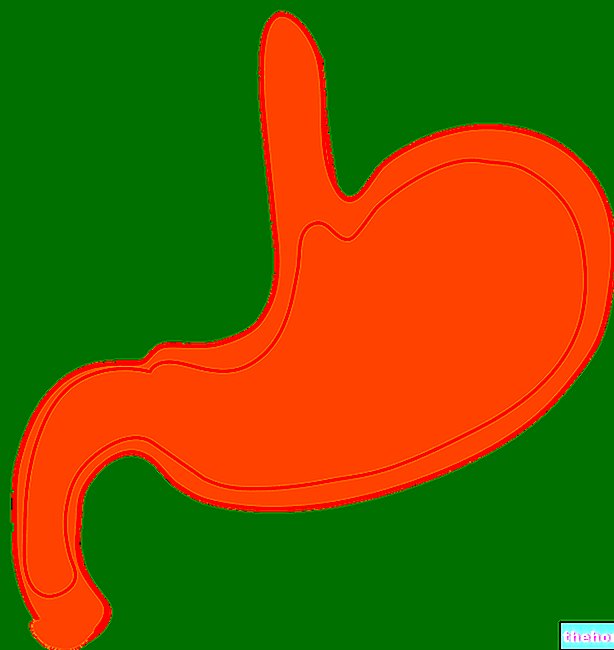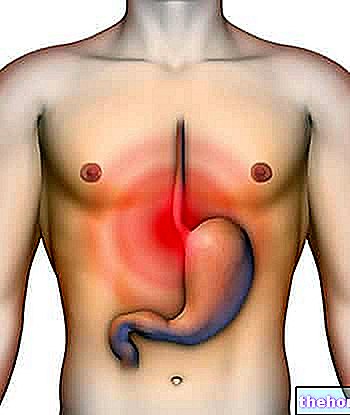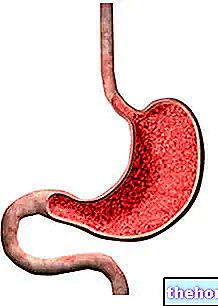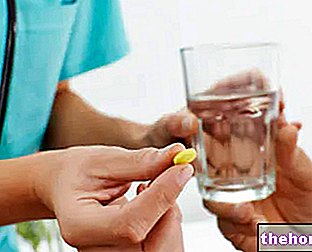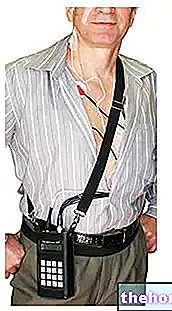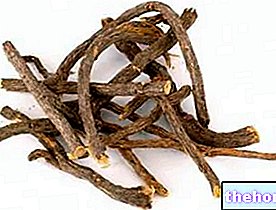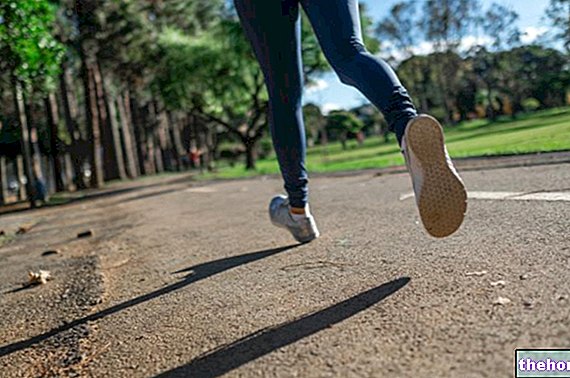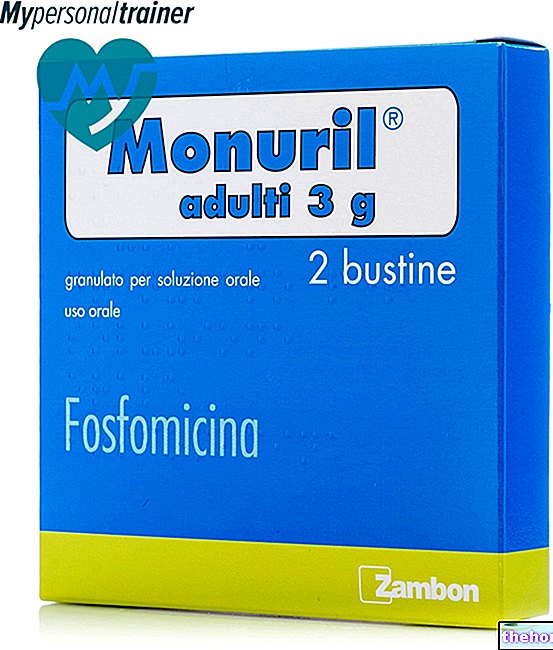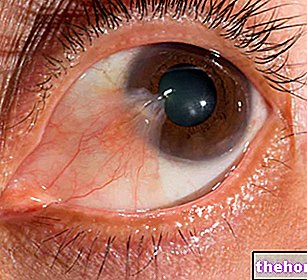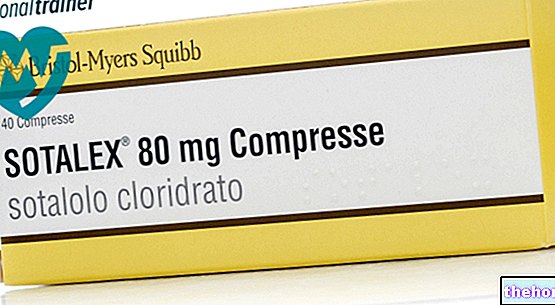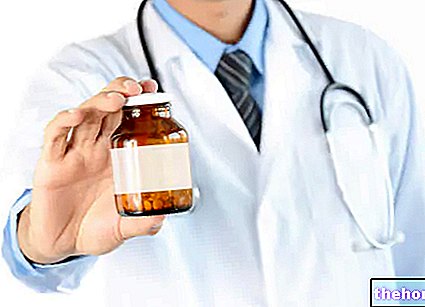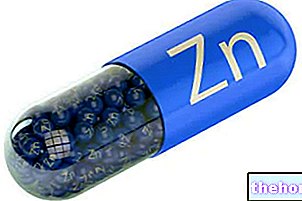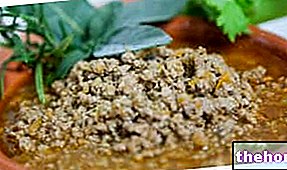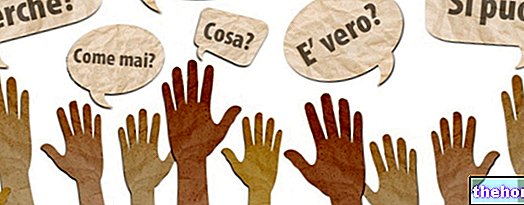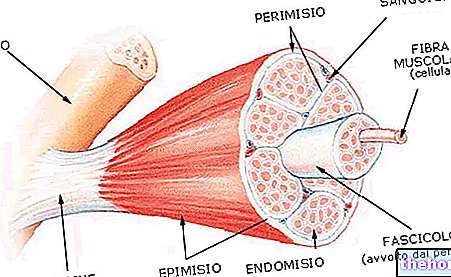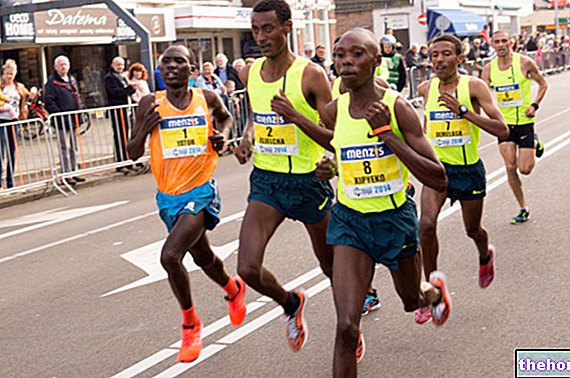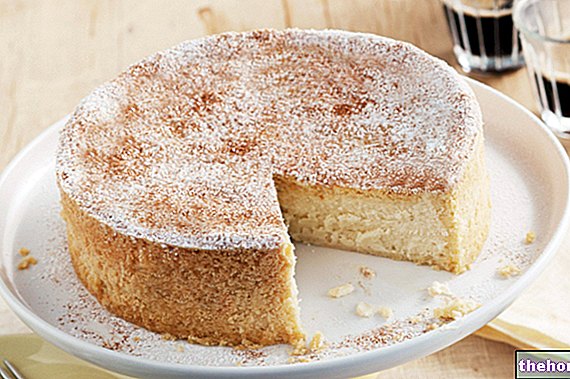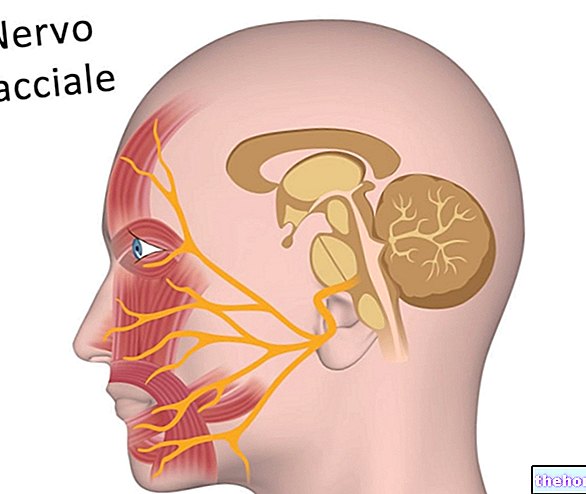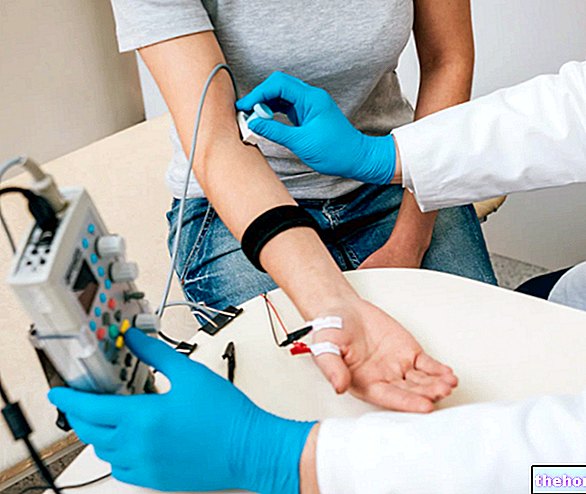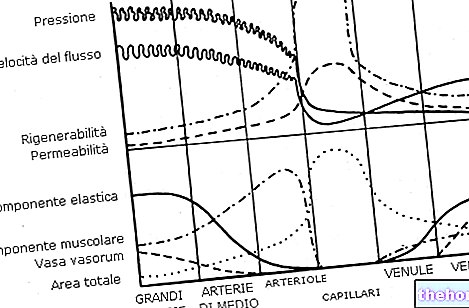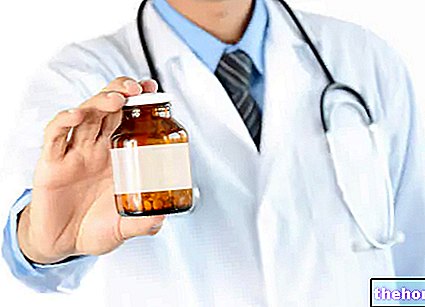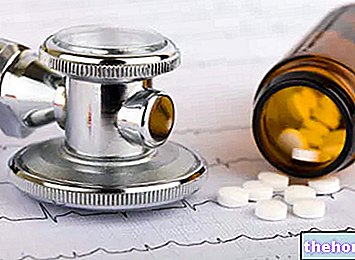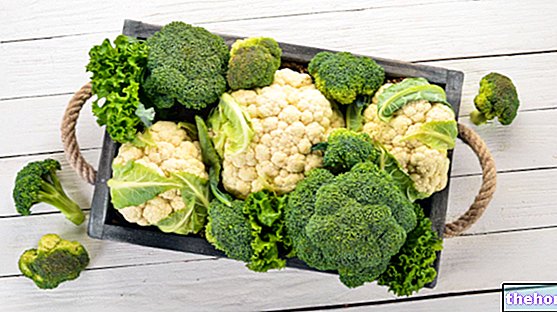Hiccups are a manifestation of psychosomatic or gastrointestinal origin; sometimes it is the result of multiple predisposing causes.
It manifests itself as an involuntary and sudden spasm of the diaphragm, which initiates the act of inhalation; on the other hand, the inhalation act is abruptly interrupted by the closure of the glottis causing a characteristic noise.

As we will see below, hiccups frequently arise due to certain diseases that inflame the phrenic nerve (efferent diaphragmatic branch).
Hiccups are a symptom that tends to disappear on its own, although it sometimes takes a long time. Some consider hiccups to be an embarrassing condition to manifest in public, which is why some remedies have been devised to stop it.
The published material is intended to allow quick access to general advice, suggestions and remedies that doctors and textbooks usually dispense for the treatment of Hiccups; such indications must in no way substitute the opinion of the attending physician or other health specialists in the sector who are treating the patient.
What to do
- Try to prevent hiccups (see Prevention below).
- Prevention is especially useful in the following cases:
- Digestive disorders:
- Dyspepsia.
- Hiatal hernia.
- Gastroesophageal reflux.
- Emotional frailty, nervous tension or a tendency to accumulate stress.
- Affections of the final tract of the esophagus.
- Perforating peptic ulcer .
- Gastric tumor.
- Esophageal tumor.
- Bowel obstruction.
- Pericarditis.
- Peritonitis.
- Heart attack.
- Heal or reduce the severity of the aforementioned diseases: the frequency of hiccups decreases in proportion to the improvement of these diseases. On the other hand, in these cases, reducing hiccups is a secondary goal.
- The systems useful for passing hiccups are based on the activation of the diaphragm; they are not always effective in the short term, but often accelerate the autonomous process of interruption:
- Drink a glass of water (possibly holding your nose).
- Hold your breath (for at least 20 seconds).
- Breathe deeply while inflating the belly (straining the diaphragm).
- Perform the Valsalva maneuver (plug the nose and increase chest and visceral pressure).
- Quickly recite a song, a tongue twister or a nursery rhyme.
- Swallow small pieces of ice (not recommended for those with stomach problems).
- Belching (if you are unable to practice self-induced belching, drink a glass of carbonated water).
What NOT to do
- Assume attitudes and behaviors that can favor the onset of hiccups.
- Neglecting digestive complications.
- Promote the onset of anxiety by leading a stressful lifestyle.
- Do not treat the diseases (mentioned above) that favor the onset of hiccups.
- Eat solid, dry or poorly chewable foods without accompanying the meal with a glass or two of water.
- Chew a little.
- Bring large pieces of food to your mouth at a time.
- Eat quickly.
- Eating standing up.
- Eating meals under stressful conditions or remaining anxious.
- Stay connected to multimedia or communication devices when eating
- Hold back the belching.
- To get drunk.
What to eat
There is no suitable diet to combat hiccups, but rather a series of recommendations that can help prevent hiccups. These are especially useful in case of diseases of the digestive system:
- In case of overweight or obesity, promote weight loss by adopting a low-calorie diet (about 70% of normal).
- Prepare small meals, characterized by small portions.
- Season with extra virgin olive oil avoiding excess.
- Of foods of animal origin, prefer those lean and / or with little connective tissue: skinless chicken and turkey, rabbit, lean cuts of large animals, cod, anchovies, sea bream, sea bass, corvina, croaker, tuna fillet, shrimp, lean ricotta, light spreadable cheese, cottage cheese, egg white, no more than one egg at a time.
- Of protein foods, prefer those totally cooked but not prepared with excessively long techniques. The most suitable are:
- Boiling in water.
- Vacuum boiling.
- Vasocooking.
- Steam powered.
- In a pressure cooker.
- In a pan over a low flame.
- Baked.
- Grilled.
- Baked.
- Among the cereals and derivatives, choose those with a medium fiber content or, preferring whole grains, use small portions.
- All fruit and vegetables but in portions of 50-150g.
NB. The temperature of the food must be medium, not too hot and not too cold.
What NOT to Eat
- In case of obesity and overweight, avoid high calorie foods that promote weight gain.
- Avoid meals and portions that are too large.
- Excessive seasonings and fatty foods or foods rich in connective tissue (all poorly digestible), especially in significant portions: offal, fatty cuts of pork, rind, ossobuco, sausages, salami, frankfurters, hamburgers, salmon, eel, tuna belly, octopus, cuttlefish, mussels, clams, snails, gorgonzola, pecorino, mascarpone, fontina, brie, more than one egg yolk at a time, carpaccio, tartare, sushi, stew, ragù, soups, braised meats and boiled meat.
- The techniques not recommended are:
- Stewing.
- Frying in a pan.
- Long cooking in the oven or on the grill or in boiling water.
- Brazing.
- Excess of foods containing a lot of fiber (whole grains, bran, legumes, vegetables and fruits).
- Foods that reduce the tone of the lower esophageal sphincter (promote reflux): cocoa, chocolate and mint.
- Hot or frozen foods.
- Large portions of milk.
- Large portions of alcohol (the state of intoxication favors hiccups).
- Large portions of broth.
Natural Cures and Remedies
- Phytotherapy: put some vegetables with a spasmolytic and calming effect:
- Infusion of chamomile flower heads.
- Valerian root infusion.
- Infusion of passion flower tops.
- Infusion of wild thyme in bloom.
- Infusion of lavender flowers.
- Infusion of mint leaves.
Pharmacological treatment
The only drugs capable of reducing hiccups are sedative and spasmolytic types; however, they are not administered very frequently, as they are considered excessive for the symptom in question.
- Sedatives:
- Benzodiazepines: anxiolytic, sedative-hypnotic, anticonvulsants, muscle relaxants and anesthetics. They are administered in the form of tablets or drops. There are many types classified on the basis of half-life (short, intermediate and long). Those useful in the event of a hiccup attack have a short half-life; this does not mean that if the hiccups tend to recur frequently as a symptom of the state of anxiety, medium and long half-life benzodiazepines may also be useful. Some examples are:
- Triazolam (short half-life).
- Midazolam (short half-life).
- Ozazepam (intermediate half-life).
- Lorazepam (intermediate half-life): for example Tavor ®.
- Lormetazemap (intermediate half-life): for example Noctamid ®.
- Alprazolam (intermediate half-life): for example Xanax ®.
- Temazepam (intermediate half-life).
- Chlordiazepoxide (long half-life).
- Chlorazepate (long half-life).
- Diazepam (long half-life).
- Flurazepam (long half-life): for example Slipam ®.
- Nitrazepam (long half-life).
- Flunitrazepam (long half-life).
- Clonazepam (long half-life): for example Rivotril ®.
- Prazepam (long half-life).
- Bromazepam (long half-life): for example Lexotan ®.
- Abdominal spasmolytics:
- Atropine: is an antimuscarinic drug. It reduces gastrointestinal activity, relaxes the smooth muscle of the ureters and suppresses sweating. Some examples are:
- Atropine lux 1%.
- Atropine love 1%.
Prevention
- Devote the time necessary to the meal; not less than 20-30 ".
- Eat seated.
- “Unplug” during the meal break; change environment with respect to work or stressful activities in general.
- Do not consult the phone, do not turn on the TV, do not stay in front of the computer, etc.
- Eat slowly, avoiding ingesting more air than necessary.
- Chew thoroughly.
- For those with chewing problems, choose foods that suit your needs.
- Bring small bites to your mouth.
- Drink during the meal.
- Avoid carbonated drinks.
Medical Treatments
There are no medical treatments useful to prevent or stop hiccups, although therapeutic interventions for the treatment of the primary diseases from which it derives could be considered decisive.

